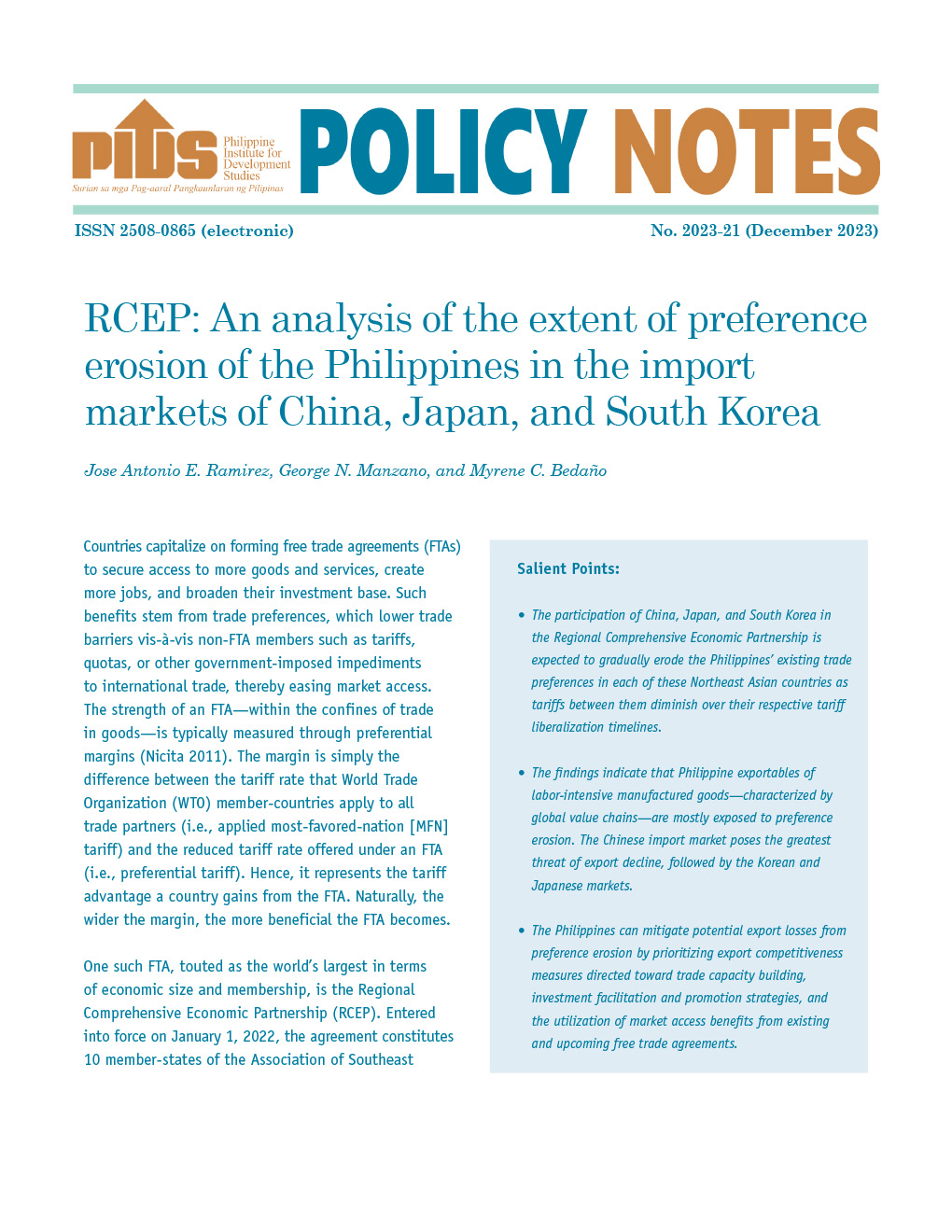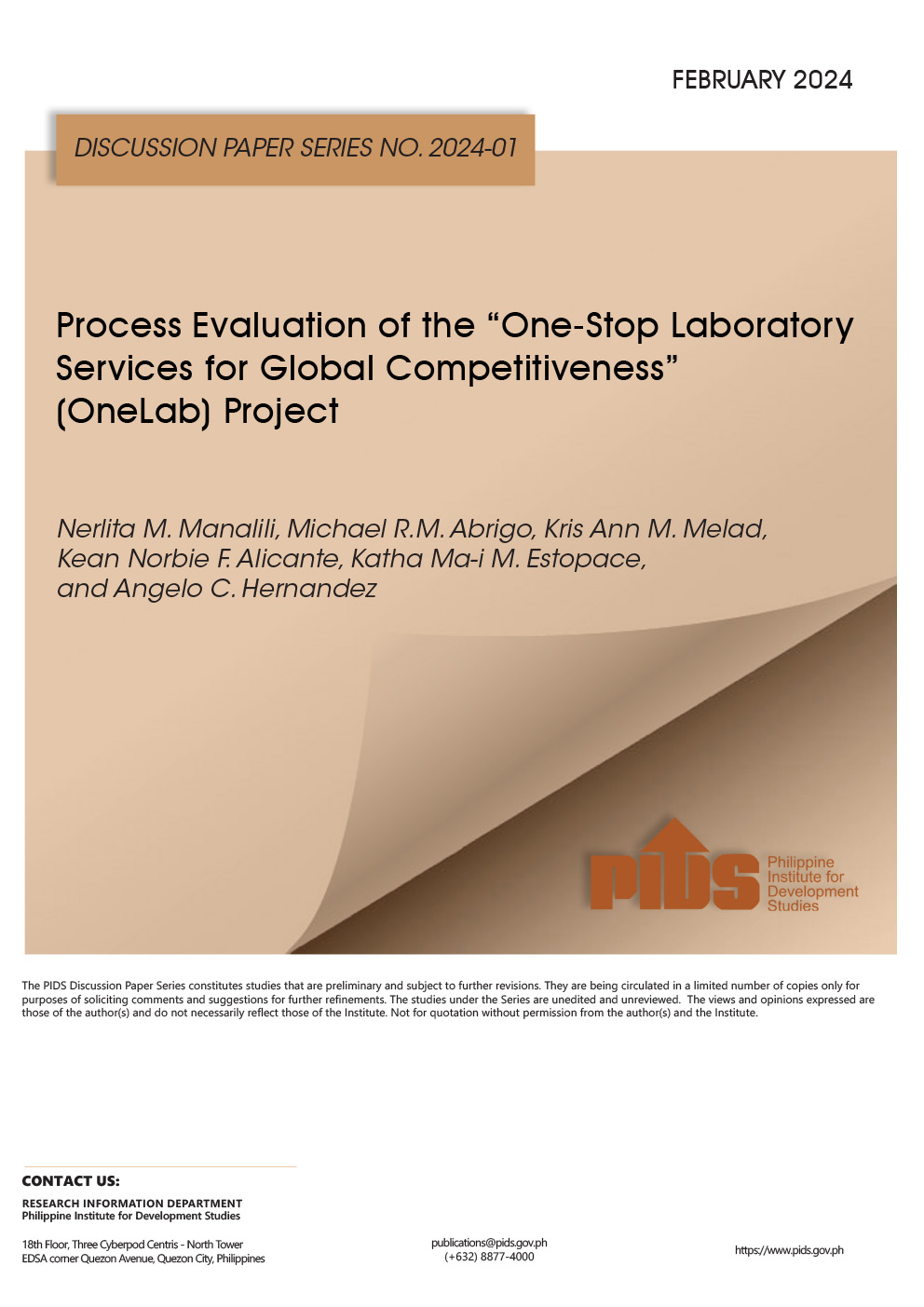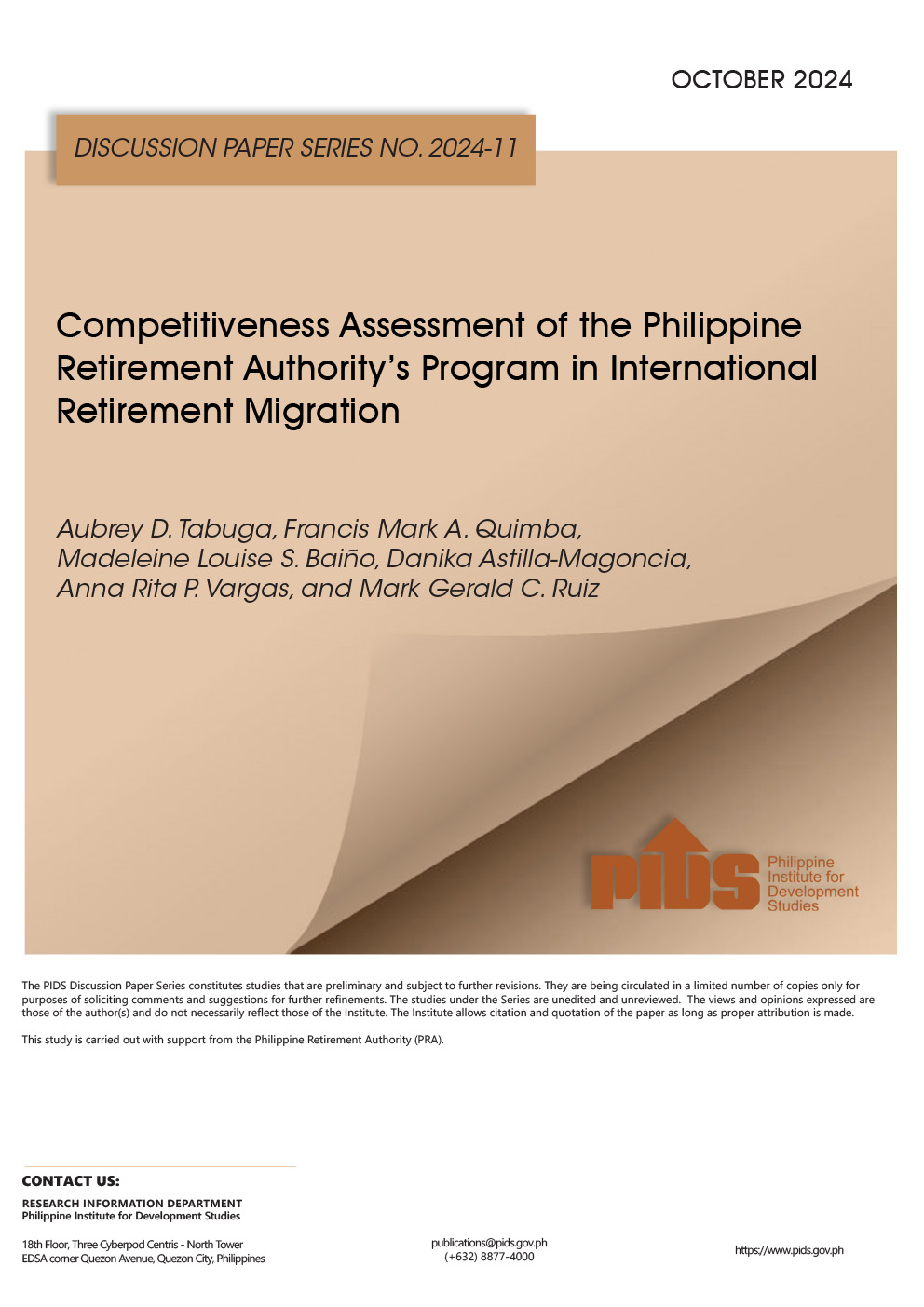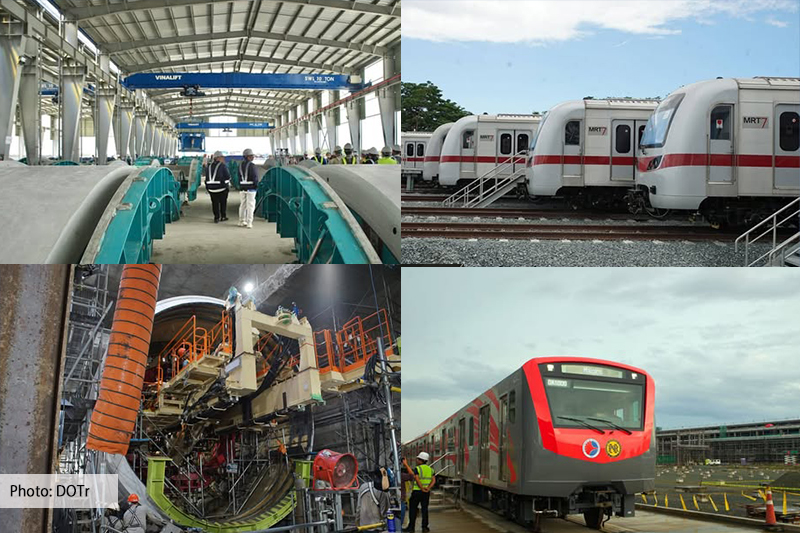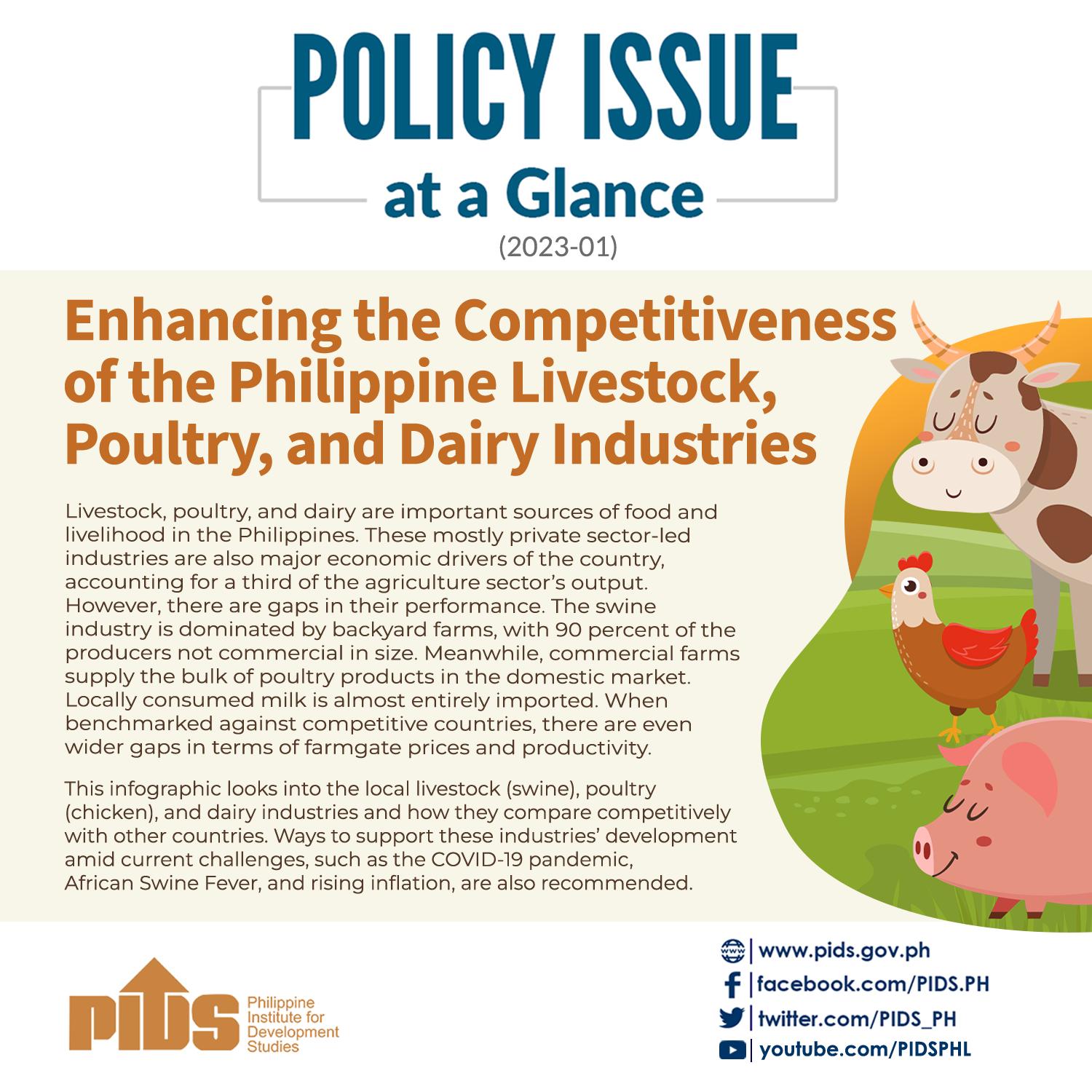The Philippines’ K to 12 basic education program is one of the crucial factors in boosting the country’s competitiveness and in generating quality jobs in the manufacturing sector, particularly the labor-intensive ones, a ranking official of the Department of Trade and Industry (DTI) said.
In the sixth Trade and Industry updates forum recently organized by the department, Undersecretary Adrian Cristobal noted in his opening remarks that "education is a binding constraint in manufacturing growth.”
Cristobal, who is also the board of Investments managing director, said the first of this series of forum was focused on education primarily for the stakeholders to understand how this program would fit in the development plans of the government in generating quality jobs.
The K to 12 policy was signed into law by President Aquino in May 2013, institutionalizing 12 years, instead of 10, of basic education.
DepEd Undersecretary for programs and projects Dr. Dina Ocampo said the K to 12 basic education framework will focus on the students’ needs such as life skills, self-actualization and the preparation for the world of work, entrepreneurship and higher education.
Ocampo said the new curriculum framework aims to holistically develop Filipinos with 21st century skills such as in the areas of information, media and technology, learning and innovation, communication and life and career skills.
Likewise, learning areas such as language, technology and livelihood education, mathematics and science and arts and humanities will also be included.
According to Ocampo, this program will address some national and global issues such as poverty reduction and human development; development of productive citizens who contribute to the building of a progressive, just and humane society; ensuring environmental sustainability, development of a strong sense of nationalism, among others.
"The K to 12 curriculum now features learner-centered, research-based, standard and competence-based, inclusive, culture-responsive and sensitive, integrative and contextualized, relevant and responsive, flexible, information and technology-based and global education”, Ocampo said.
However, Dr. Vic Pacqueo, a Philippine Institute for Development Studies fellow, said improving quality of Philippine education needs more than just increasing the required number of school years.
Pacqueo said there is a need to pass the Unified Student Financial Assistance System for Higher and Technical Education Act bill pending in the senate to enable deserving students to access good quality post-secondary education.
"It will also create a mechanism that will give incentives to high school students to perform well in basic education,” he explained.
Related Posts
Publications
Press Releases
Video Highlights
[No related items]

